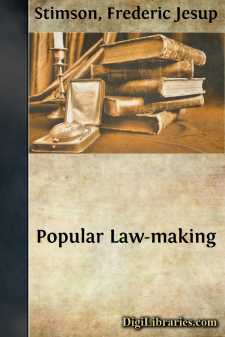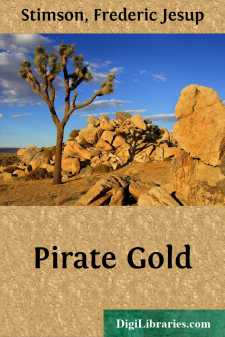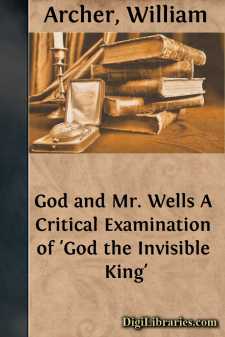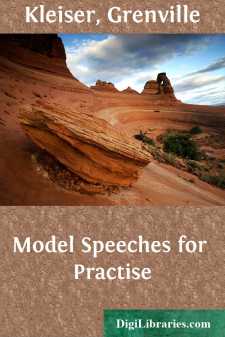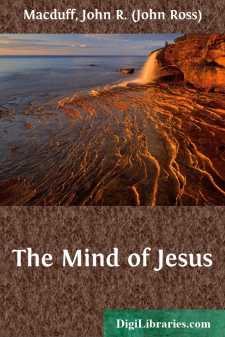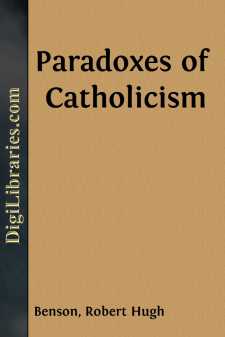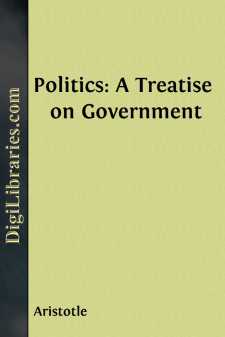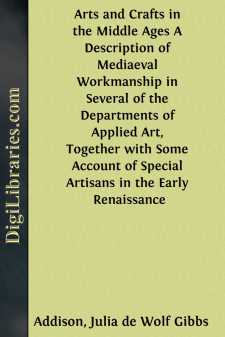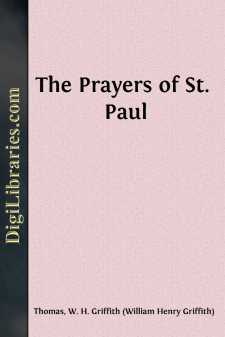Categories
- Antiques & Collectibles 13
- Architecture 36
- Art 48
- Bibles 22
- Biography & Autobiography 813
- Body, Mind & Spirit 142
- Business & Economics 28
- Children's Books 17
- Children's Fiction 14
- Computers 4
- Cooking 94
- Crafts & Hobbies 4
- Drama 346
- Education 46
- Family & Relationships 57
- Fiction 11829
- Games 19
- Gardening 17
- Health & Fitness 34
- History 1377
- House & Home 1
- Humor 147
- Juvenile Fiction 1873
- Juvenile Nonfiction 202
- Language Arts & Disciplines 88
- Law 16
- Literary Collections 686
- Literary Criticism 179
- Mathematics 13
- Medical 41
- Music 40
- Nature 179
- Non-Classifiable 1768
- Performing Arts 7
- Periodicals 1453
- Philosophy 64
- Photography 2
- Poetry 896
- Political Science 203
- Psychology 42
- Reference 154
- Religion 513
- Science 126
- Self-Help 84
- Social Science 81
- Sports & Recreation 34
- Study Aids 3
- Technology & Engineering 59
- Transportation 23
- Travel 463
- True Crime 29
Popular Law-making
Description:
Excerpt
I
THE ENGLISH IDEA OF LAW
My object in the lectures upon which this work is based was to give some notion of the problems of the time (in this country, of course, particularly) which are confronting legislators primarily, political parties in the second place, but finally all good citizens. The treatment was as untechnical as possible. The lectures themselves were for men who meant to go into business, for journalists, or political students; a general view—an elemental, broad general view—of the problems that confront legislation to-day. So is the book not one for lawyers alone; it seeks to cover both what has been accomplished by law-making in the past, and what is now being adopted or even proposed; the history of statutes of legislation by the people as distinct from "judge-made" law; how far legislatures can cure the evils that confront the state or the individual, and what the future of American legislation is likely to be. Constitutional difficulties I had merely mentioned, as there was another course of lectures on American constitutional principles, which supplemented it.[1] In those I tried to show what we cannot do by legislation; in these I merely discussed what had been done, and tried to show what we are now doing. What we may not do may sound, perhaps, like a narrow field; but the growth of constitutional law in this country is so wide—in the first place including all the English Constitution, and more than that, so many principles of human liberty that have been adopted into our Constitution, either at the time it was adopted, or which have crept into it through the Fourteenth Amendment, with all the innovations of State constitutions as well—that really the discussion of what cannot be done by statute takes one almost over the entire range of constitutional law and even into the discussion of what cannot be done in a free country or under ordinary principles of human liberty.
[Footnote 1: "The Law of the Federal and State Constitutions of the United States," Boston Book Company, 1908. "The American Constitution," Scribners, New York, 1907.]
How many of us have ever formulated in our minds what law means? I am inclined to think that the most would give a meaning that was never the meaning of the word law, at least until a very few years ago; that is, the meaning which alone is the subject of this book, statute law. The notion of law as a statute, a thing passed by a legislature, a thing enacted, made new by representative assembly, is perfectly modern, and yet it has so thoroughly taken possession of our minds, and particularly of the American mind (owing to the forty-eight legislatures that we have at work, besides the National Congress, every year, and to the fact that they try to do a great deal to deserve their pay in the way of enacting laws), that statutes have assumed in our minds the main bulk of the concept of law as we formulate it to ourselves. I guess that the ordinary newspaper reader, when he talks about "laws" or reads about "law," thinks of statutes; but that is a perfectly modern concept; and the thing itself, even as we now understand it, is perfectly modern....


